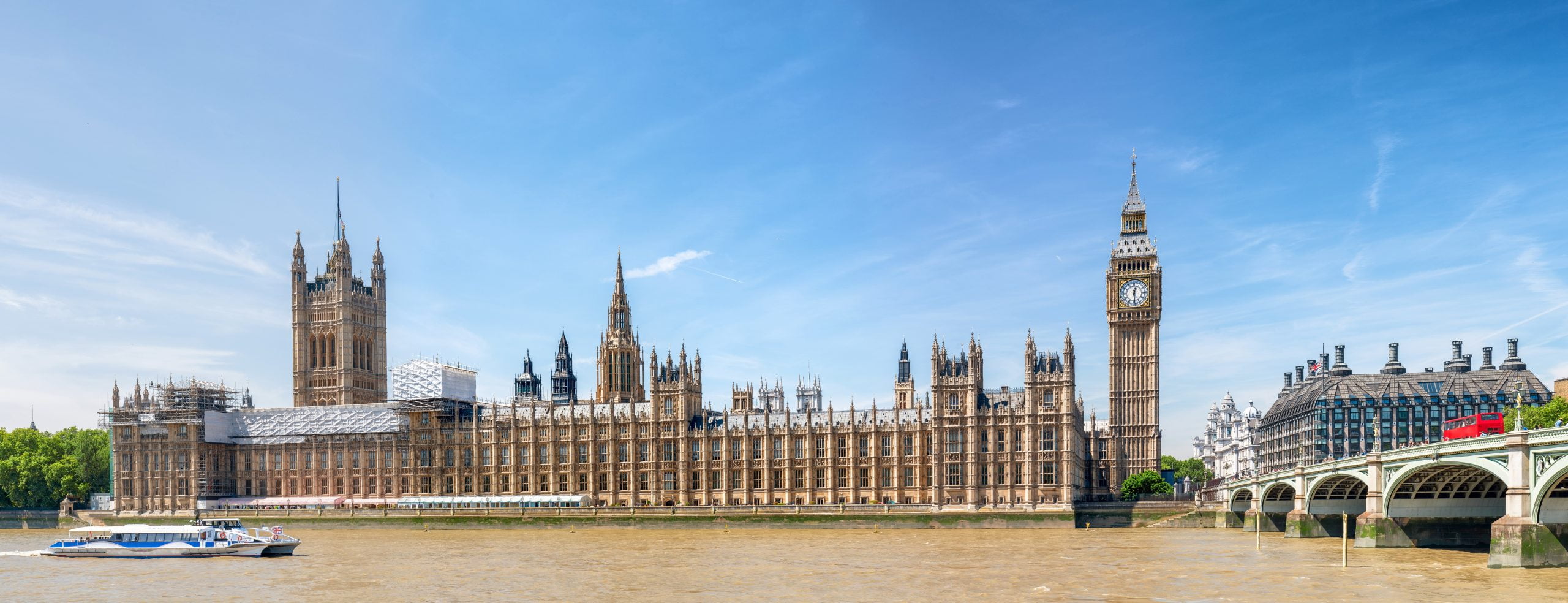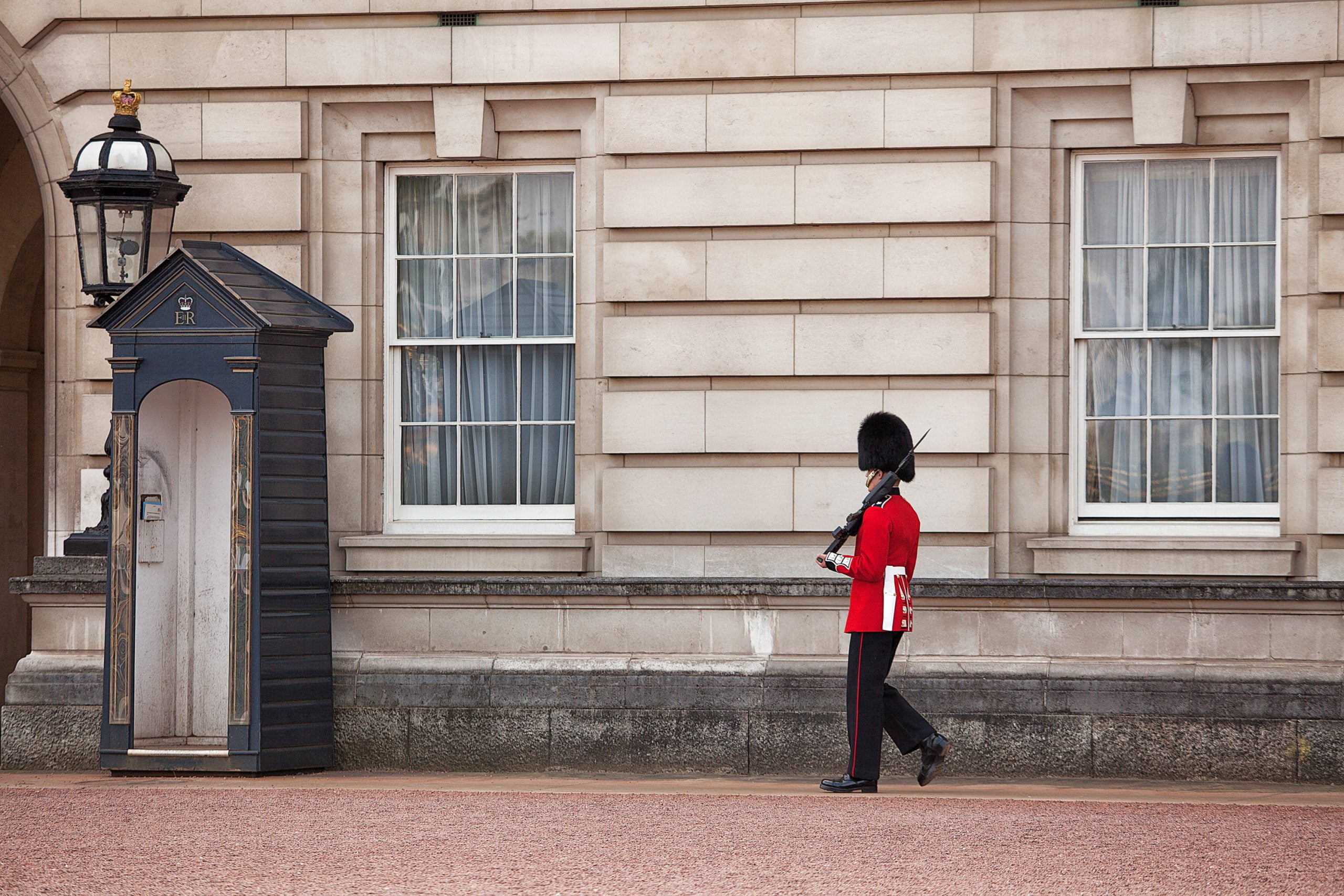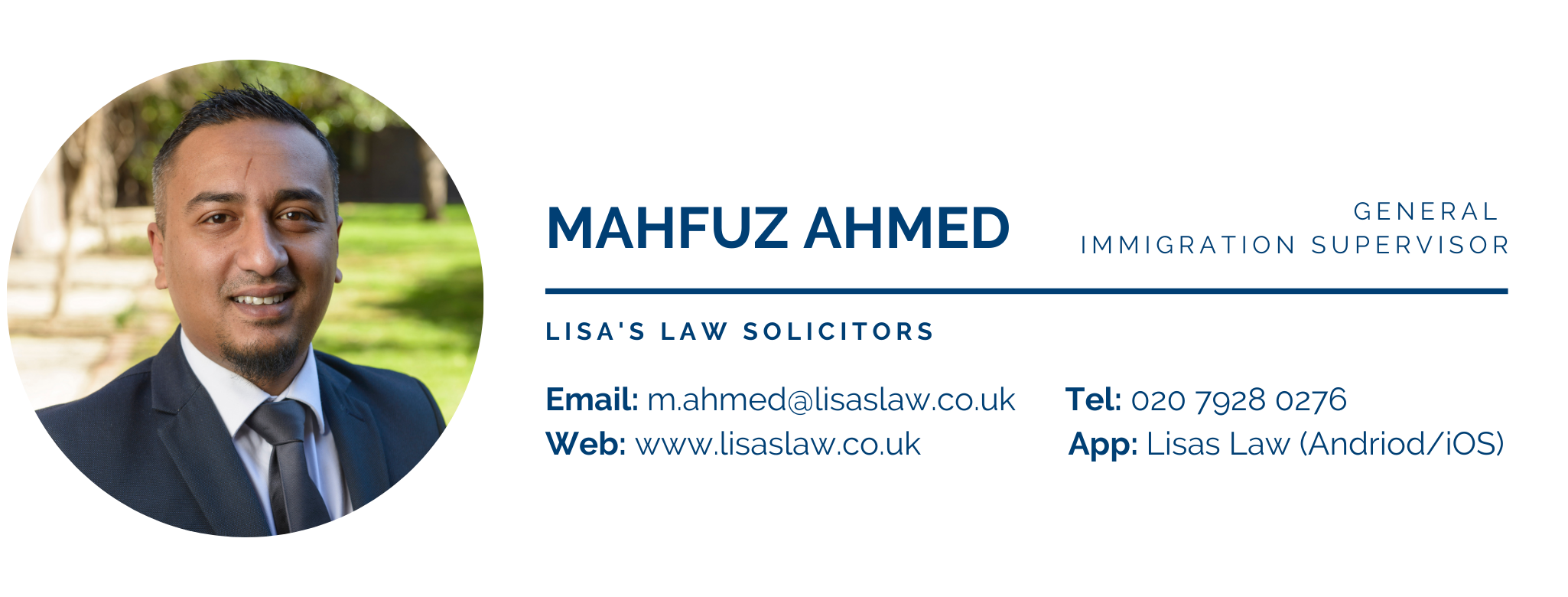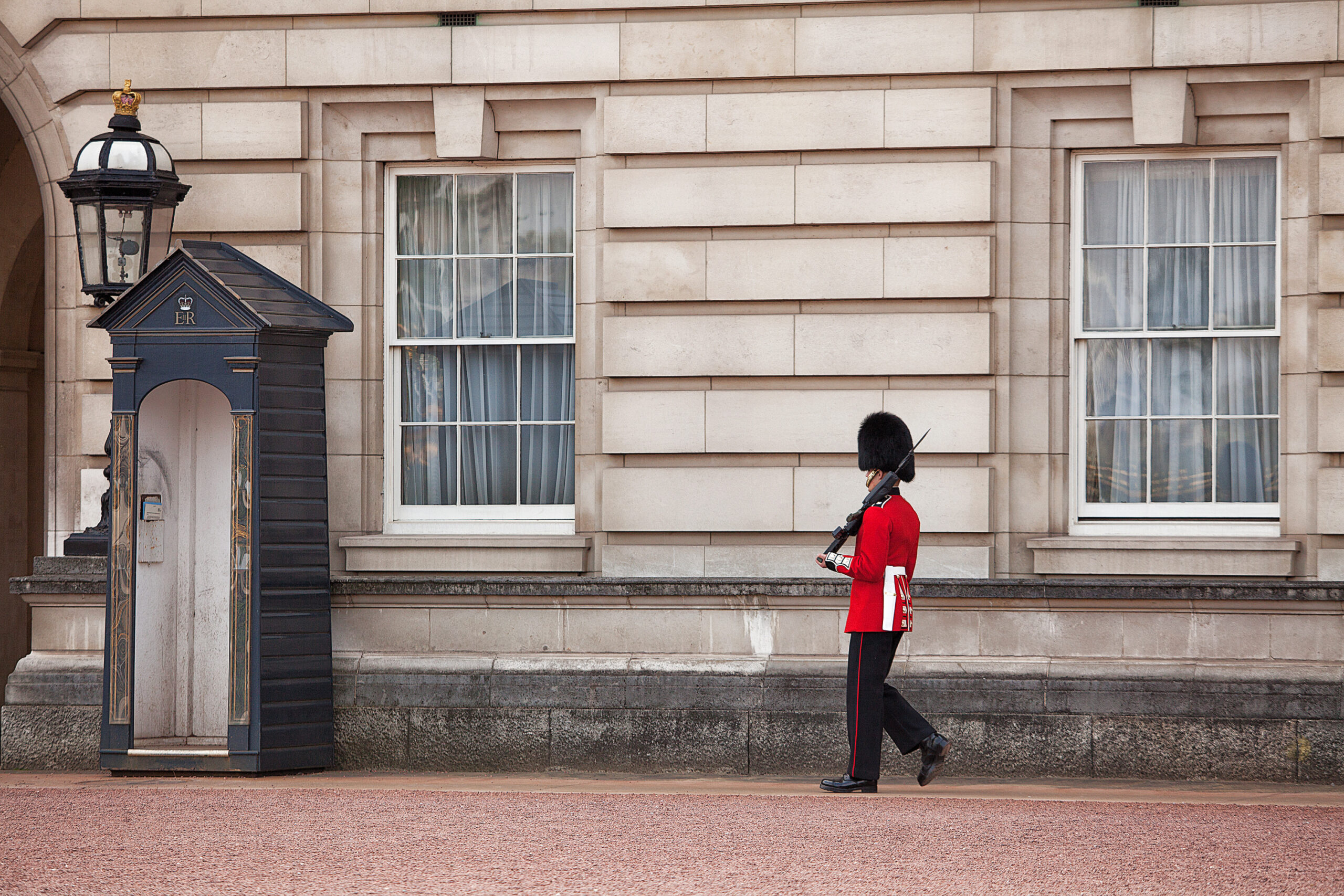It appears that when it comes to confectionary, size certainly does matter. In a recent case, Innovative Bites Ltd v Revenue and Customs Commissioners, the First-tier Tribunal decided that a food product called “Mega Marshmallows” was not a confectionary and therefore is VAT zero rated. This is not the case with standard marshmallows, which are classed as confectionary and therefore subject to the standard 20% VAT rate.
Let’s take a look at the case details.
Case background
HMRC decided that Innovative Bites Ltd’s product should be classed as confectionary, and should therefore be standard rated. Assessments were issued to the appellant in August 2019, which covered supplies of the product between June 2015 and June 2019. These assessments totalled £472,928.
So, what was the case for the Mega Marshmallow not being deemed a confectionary?
You may have heard of a “s’more”. It’s a traditional American campfire snack which consists of roasted marshmallows and chocolate that is layered between biscuits (graham crackers).
The appellant claimed that the marshmallow would not usually be intended to be eaten by itself. Instead, the argument made is that it is essentially an ingredient which is roasted. It is therefore not intended to be eaten before being roasted and the argument is that it should not be classed as a confectionary.
Confectionary, not including cakes or biscuits, are generally standard rated. While there is no set definition of confectionary, the legal framework from Note 5 Group 1 does provide the following explanation: “’confectionery’ includes chocolates, sweets and biscuits; drained, glacé or crystallised fruits; and any item of sweetened prepared food which is normally eaten with the fingers.”
The product itself has several references to the fact that it is intended to be used for the purposes of making s’mores. This includes stating on the packaging that they are “perfect for roasting, s’mores or just snacking”. The reverse of the packaging also provides “instructions for use” which provide instructions for roasting marshmallows over a campfire. It also provides instructions for how to make a s’more.
The seasonality of Innovative Bites’ marshmallow sales was also shown as evidence that the Mega Marshmallows are more frequently purchased to be roasted. While sales of all marshmallows tend to be higher in the months between May and October, sales of the Mega Marshmallows show a higher percentage than other mallow products, with 65% compared to 56%. The implication is therefore that the Mega Marshmallows produced by Innovative Bites are more likely to be roasted over a flame.
Why could it be deemed confectionary?
HMRC asked the First-tier Tribunal to consider the following factors which indicate the product would tend to be deemed confectionary.
- The Product can be eaten as a snack from the bag, as with regular marshmallows.
- The packaging identifies it as a product which may be consumed as a snack.
- It is generally eaten with the fingers, either without roasting or once roasted and allowed to cool down.
- The Product may be eaten as a snack “on the go”.
- There is a trend for outsized chocolate and sweets, of which the Product might be viewed as an example.
- Regular marshmallows, which are properly viewed as confectionery, can be roasted and enjoyed in the same way as the Product. They would have been enjoyed as such before the introduction of large marshmallows.
- The Product is found on the appellant’s website in the category of “sweets, candy and chocolate”.

Why should it not be deemed confectionary?
Nevertheless, there are also a number of factors which suggest it is not typically deemed confectionary. Some of the reasons Innovative Bites put forward include:
- The Product is not normally eaten with the fingers in circumstances where it is roasted on a stick. Consumers would not normally use an implement to eat confectionery, in this case the stick on which the Product is roasted.
- Items which are intended to be subject to a further cooking process would not be expected to fall within the term confectionery.
- The Product is marketed as being intended for roasting. Hence it does not appear on the confectionery shelves of supermarkets but is placed in the world foods section and, more importantly, in the barbecue section during the summer months when most sales are made.
- The packaging of the Product holds it out as primarily intended to be roasted
- The fact that it is a seasonal product which is enjoyed more in the summer months than regular marshmallow products demonstrates that customers do tend to roast the Product.
- Customers wishing to purchase a marshmallow as a sweet snack would tend to choose a regular marshmallow.
- The depiction of a cartoon chef character with a reference to “Baking Buddy” marks it as an ingredient rather than an item of confectionery.
First-tier Tribunal judgement
The Tribunal had to decide whether the term confectionary includes items which is intended to be subjected to a cooking process before being eaten, and to a certain extent used as an ingredient in making another product.
The tribunal decided that the ‘Mega Marshmallows’ should not be categorised as confectionary and should therefore not be subjected to the standard rate of VAT.
While the tribunal considered all of the arguments, it decided that its packaging, marketing, size, and position in the barbecue section in supermarket aisles means that it cannot be described as confectionary according to the criteria outlined earlier.
The First-tier Tribunal therefore gave the appellant permission for the right to appeal.
Our thoughts
This case is a clear example of the nuances of tax law. While on first glance it might seem as though the mega marshmallow would be described as confectionary, the conclusion which the First-tier Tribunal came to is one which seems most agreeable for the reasons explained earlier. Innovative Bites will clearly be glad that the First-tier Tribunal came to this conclusion, and will now have the opportunity to appeal against the large tax bill which HMRC had given them.
It is worth bearing in mind whether your business needs to be registered for VAT, as all businesses in the UK with an annual income of over £83,000 are subject to paying VAT. Businesses are required to keep adequate records in order to accurately record VAT and must also submit online returns and pay any VAT which is owed electronically.
Reasonable tax appeals and tax refunds are encouraged, and the professional commercial law team at Lisa Law Firm can provide you with consultation and services should you require it.
Have questions about this article? Get in touch today!
Call us on 020 7928 0276, our phone lines are open and we will be taking calls from 9:30am to 6:00pm.
Email us on info@lisaslaw.co.uk.
Use the Ask Lisa function on our website. Simply enter your details and leave a message, we will get right back to you: https://lisaslaw.co.uk/ask-question/
Or, download our free app! You can launch an enquiry, scan over documents, check progress on your case and much more!




















